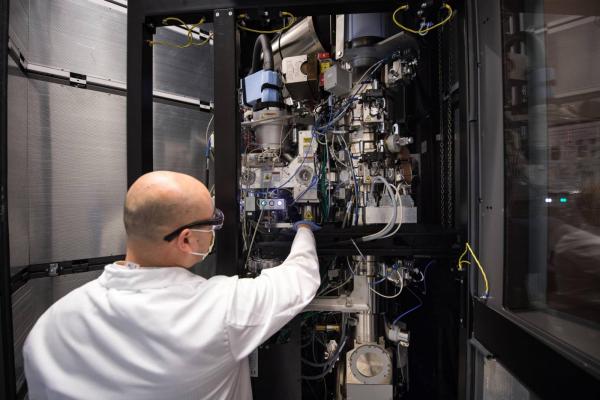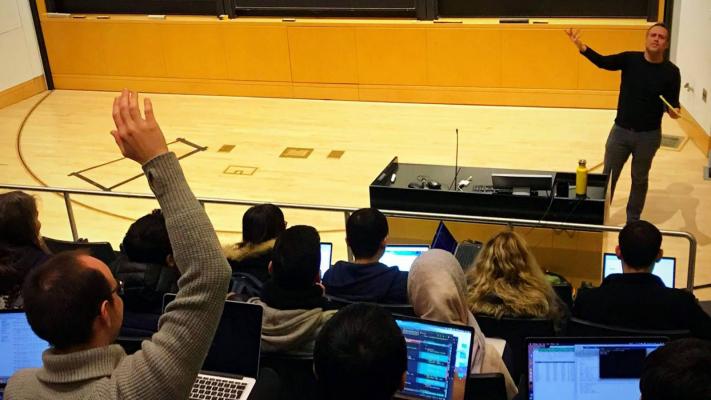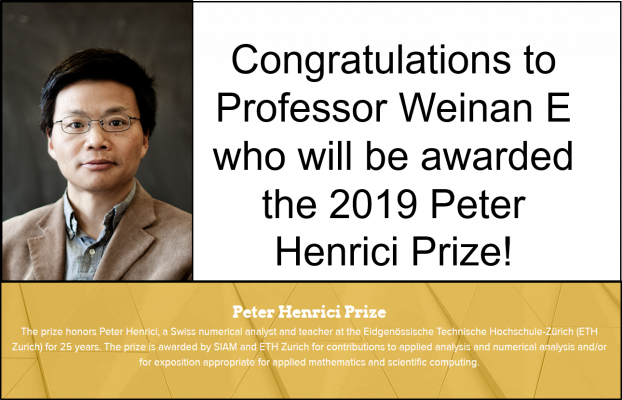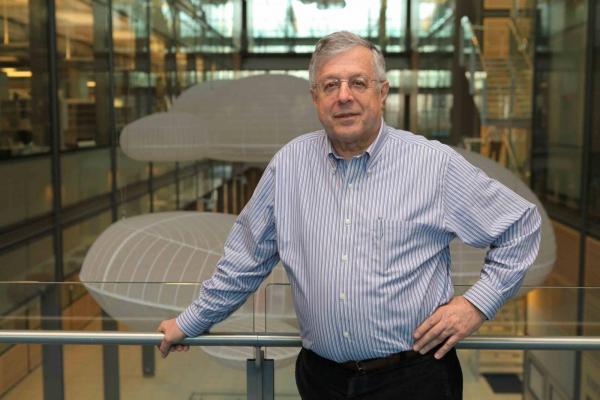North Carolinian boats are now fishing off New Jersey’s coast
As the oceans warm in response to climate change, fishing boats in the Mid-Atlantic that focus on only one or two species of fish are traveling more than 250 miles farther north than they did 20 years ago, while others catching a wide diversity of species have not changed fishing location, reported Talia Young, a postdoctoral research associate in ecology and evolutionary biology at Princeton.
Desert ants’ survival strategy emerges from millions of simple interactions
Desert ants’ survival strategy emerges from millions of simple interactions
Molly Sharlach, Office of Engineering Communications, Feb. 15, 2019 9:40 a.m.
Princeton IP accelerator funding awarded to seven promising technologies
Seven innovations with the potential to benefit society and spur the economy have been awarded funding to bridge the gap between laboratory research and the development needed to move promising ideas into the global marketplace.
Coding competencies: Princeton’s evolving approach to teaching software best practices to graduate students
Princeton wants to shake up how graduate students learn the basic tools and principles of writing good code for computationally intensive scientific research, and Gabe Perez-Giz is emphatically on board.
Professor Weinan E awarded the 2019 Peter Henrici Prize
Congratulations to Professor Weinan E who will be awarded the 2019 Peter Henrici Prize!
Chemist Car wins DOE funding for computational chemistry center
The U.S. Department of Energy (DOE) announced Wednesday, Sept. 19, that Roberto Car, Princeton’s Ralph W. *31 Dornte Professor in Chemistry and a professor with the Princeton Institute for the Science and Technology of Materials, was one of 10 researchers to win funding for computational chemistry. His proposal title was “Computational Chemical Science Center: Chemistry in Solution and at Interfaces.”
Princeton to lead new software institute to enable discoveries in high-energy physics
With the goal of creating next-generation computing power to support high-energy physics research, the National Science Foundation (NSF) announced today that Princeton University will lead a new NSF-funded coalition of 17 research universities to be called the Institute for Research and Innovation in Software for High Energy Physics (IRIS-HEP).
Surprising hidden order unites prime numbers and crystal-like materials
The seemingly random digits known as prime numbers are not nearly as scattershot as previously thought. A new analysis by Princeton University researchers has uncovered patterns in primes that are similar to those found in the positions of atoms inside certain crystal-like materials.
Foam could offer greener option for petroleum drillers
Hydraulic fracturing, or fracking, provides critical energy for society, but also uses large amounts of fresh water while producing corresponding amounts of wastewater. Water-based foams, which use about 90 percent less water than fracking fluids, provide an alternative, but the mechanism for foam-driven fracture in such drilling is not well understood.










